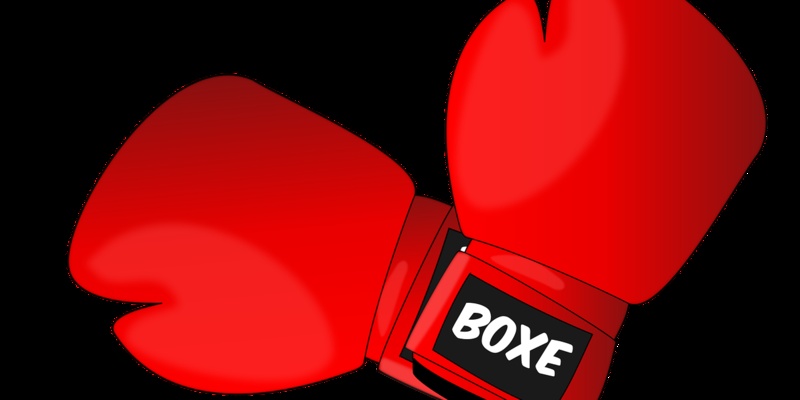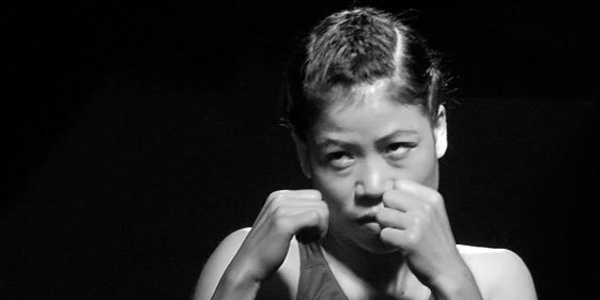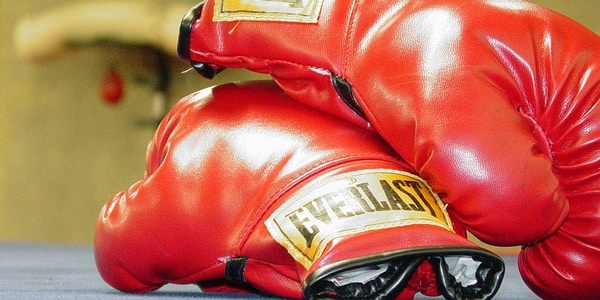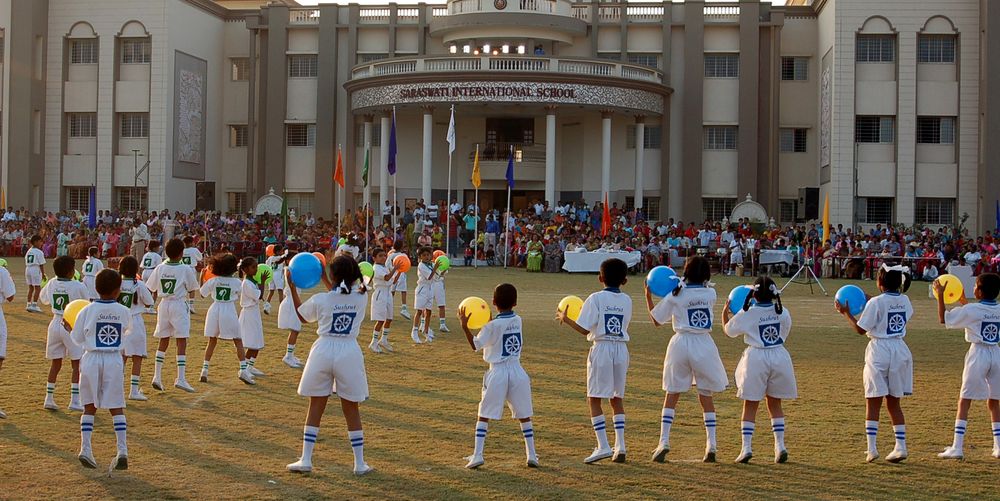Knockout News: India Turns Boxing Finals Into Gold Fest At World Boxing Cup Finals!
India concluded its debut campaign at the World Boxing Cup Finals 2025 in Greater Noida with a performance that will be remembered for generations. With nine gold medals lifted on the final day alone, the Indian contingent sealed one of their most successful international outings ever. Hosted at the Shaheed Vijay Singh Pathik Sports Complex, the electric atmosphere matched the athletes’ fiery spirit as both seasoned champions and rising stars showcased the future of Indian boxing.A Landmark Moment in Indian Boxing HistoryThe 2025 World Boxing Cup, hosted across Brazil, Kazakhstan, and finally India, marked the competition’s first edition, featuring boxers from 19 countries across ten weight categories for both men and women. For India, the finals on home soil were more than a sporting event. They became a canvas of national pride, representing growth, resilience, and collective aspiration. The roar of the home crowd in Greater Noida became an unforgettable backdrop as Indian boxers outpunched, outclassed, and outshone some of the world’s finest.Women Lead the Golden Charge: Seven Gold MedalsIndia’s boxers delivered one of their greatest performances ever at the World Boxing Cup Finals, with the women leading a historic golden sweep by winning seven gold medals in a single day. Jaismine Lamboria began the winning streak with a confident 4-1 victory in the 57 kg category. Nikhat Zareen, calm and dominant as always, showed her world-class skill with a clean 5-0 win in the 51 kg division. Parveen Hooda fought one of the toughest bouts of the day, edging out Japan’s Ayaka Taguchi 3-2 in the 60 kg category. In the 70 kg bout, Arundhati Choudhary completely outclassed her opponent with a flawless 5-0 scoreline, while Preeti Pawar continued the momentum by beating Italy’s Sirine Charaabi 5-0 in the 54 kg category. Minakshi Hooda added another gold with a strong 5-0 victory over Asian Champion Farzona Fozilova, and Nupur Sheoran closed the women’s events with a hard-fought 3-2 win in the 80+ kg category. The men’s team also shone brightly with two gold medals. Sachin Siwach produced one of the best performances of the tournament, beating Olympic silver medallist Munarbek Seitbek Uulu to claim gold in the 60 kg category. Hitesh Gulia added another top finish for India by defeating Kazakhstan’s Mursal Nurbek in the 70 kg final. Together, the men and women created a remarkable chapter in Indian boxing history, showing strength, skill, and determination on the global stage.Dreams, Determination, and National PrideBeyond the medals and numbers, the World Boxing Cup Finals were a celebration of the human spirit. Many of these athletes come from villages and small towns, where sports infrastructure is limited and dreams often collide with financial struggles. Yet they climbed their way to global success through unshakeable commitment. For the young fans in the packed stadium, these victories were more than sporting moments—they were life lessons. For the families of the boxers watching from home or the stands, it was the reward for years of sacrifice. And for India, it was a statement: our athletes are ready to take on the world.A New Era for Indian BoxingWith nine golds on the final day, India concluded the 2025 World Boxing Cup Finals with a performance that reflected not just sporting excellence but the rise of a confident, determined sporting nation. This historic triumph strengthens India’s position on the global boxing map and inspires a new generation of athletes to dream bigger. The echoes of the cheering crowd in Greater Noida will remain long after the gloves come off, marking the beginning of a golden era for Indian boxing.

.jpeg)





